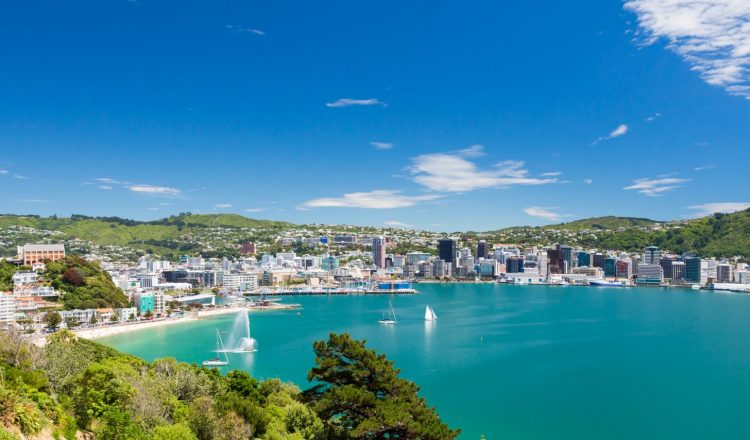A brief history
New Zealand is a young country, in both geological and human terms. In fact, New Zealand was the last large and habitable place in the world to be discovered.
Maori Settlement; 1320-1350
First to arrive were ancestors of Māori. The first settlers probably arrived from Polynesia between 1200 and 1300 AD. They discovered New Zealand as they explored the Pacific, navigating by ocean currents and the winds and stars. In some traditions, the navigator credited with discovering New Zealand is Kupe.
The first Europeans; 1642
The Dutch – The first European to arrive in New Zealand was the Dutch explorer Abel Tasman in 1642. That is how we got the Dutch-sounding name – from a Dutch mapmaker who first called us Nieuw Zeeland.
British and French – A surprisingly long time passed – 127 years – before New Zealand was visited by another European, Captain James Cook. He came in 1769 on the first of three voyages. European whalers and sealers started visiting regularly and then came traders.By the 1830s, the British government was being pressured to curb lawlessness in the country and also to pre-empt the French who were considering New Zealand as a potential colony.
Treaty of Waitangi signed; 1840
Eventually, at Waitangi on 6 February 1840, William Hobson, New Zealand’s first Governor, invited assembled Māori chiefs to sign a treaty with the British Crown.The treaty was taken all round the country, as far south as Foveaux Strait, for signing by local chiefs. Eventually, more than 500 chiefs signed the treaty – now known as the Treaty of Waitangi.
[New Zealand wars; 1845-1872
Māori came under increasing pressure from Europen settlers to sell their land for settlement. This led to conflict and, in the 1860s, war broke out in the North Island. Much Māori land was confiscated or bought during or after 20 years of war.
Rights for women workers; 1893
In 1893, New Zealand became the first country in the world to grant all women the right to vote. State pensions and state housing for workers were also offered first in New Zealand.
World War 1 and the ANZACs
Thousands of New Zealanders served, and died, overseas in the First World War.The 1915 landing at Gallipoli in Turkey is regarded as a coming of age for our country. It established the tradition of ANZAC (Australian and New Zealand Army Corps) and a pride in New Zealand’s military achievement and its special relationship with Australia.ANZAC Day, commemorating the Gallipoli landing, is a public holiday on April 25 each year and is marked with increasingly well-attended ceremonies.
World War 2
New Zealand troops fought overseas again in the Second World War in support of the UK. However, the fall of Singapore shook New Zealanders’ confidence that Britain could guarantee the country’s security. With the bulk of our forces effectively stranded in Egypt and the Middle East, it was the United States that protected New Zealand against Japan during the war in the Pacific.
Expanding trade and cultural diversity
When Britain joined the European Economic Community in 1973, New Zealand had already begun diversifying its export trade.Losing such an important and assured market for our farm products was a blow. That event has encouraged New Zealand to widen its outlook. We now sell our farm goods and many other exports to a wide range of countries. Culturally, we have also become more diverse. Particularly from the 1980s, a wide range of ethnic groups have been encouraged to settle here and New Zealand is now much more multicultural.

















































